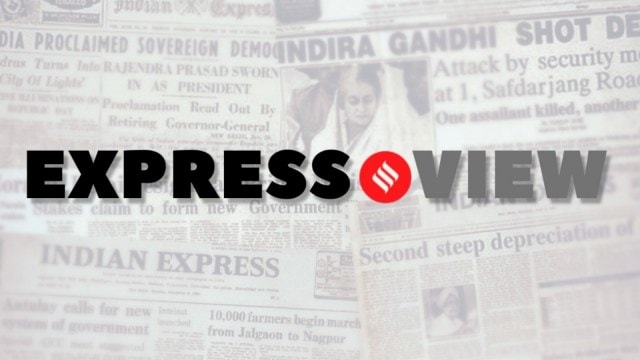
The proposal by several states and Union Territories, including Rajasthan, Kerala, Chhattisgarh, Sikkim, Lakshadweep, Gujarat and Delhi, to extend the Centre’s midday-meal scheme — PM-Poshan — to add a breakfast provision in government and government-aided schools is both timely and commendable. While a similar proposal by the Education Ministry was turned down in 2021-22 by the Ministry of Finance, for the Centre to embrace this proposal pitched by state governments across party lines would signify a welcome alignment of national policy with nutritional and educational realities, and a recognition that learning begins not with the first lesson but with the first meal of the day.
The educational and health benefits of a breakfast scheme are well established. The National Education Policy 2020 notes that “the morning hours after a nutritious breakfast can be particularly productive for the study of cognitively more demanding subjects”. Studies show that a morning meal boosts continuity of nutrition while lifting attendance, attention and equity in classrooms. Tamil Nadu’s example is instructive: Its breakfast programme, launched in 2022, expanded to reach about 24 lakh students, with commensurate improvements in attendance and health outcomes. The logic is simple: Nourished children learn better. In addition to the seven states/UTs, 11 others, including Kerala, Karnataka, Goa and Meghalaya, have asked for the scheme to be extended to students up to Class XII. While the Centre estimates the additional cost of a nationwide breakfast rollout at around Rs 6,000 crore annually, such a cost is outweighed by the benefits, especially when compared with the downstream burdens of remedial education, healthcare and lost productivity.
Framing the breakfast initiative as more than a meal is crucial, if it is to succeed nationally. The initiative must be recognised as an investment in education, health, and inclusive growth. States advocating for the scheme under the PM POSHAN umbrella have stressed that this is not a mere add-on but central to fulfilling the promise of education for all. Effective implementation will require careful attention to logistics — kitchen infrastructure, supply chains, hygiene, adherence to nutritional guidelines, balanced meals, robust monitoring, and meaningful community engagement. Just as vital would be addressing the strain already felt by those who sustain the midday-meal network. Repeated strikes by Anganwadi and ASHA (Accredited Social Health Activists) workers have drawn attention to their low pay and excessive workloads. Adding a breakfast layer without scaling up staff, infrastructure, and funds would simply shift the burden. The Centre must ensure that frontline workers are supported if the programme expands. Welcoming the states’ proposal, therefore, should go hand in hand with a commitment to fairness and feasibility.